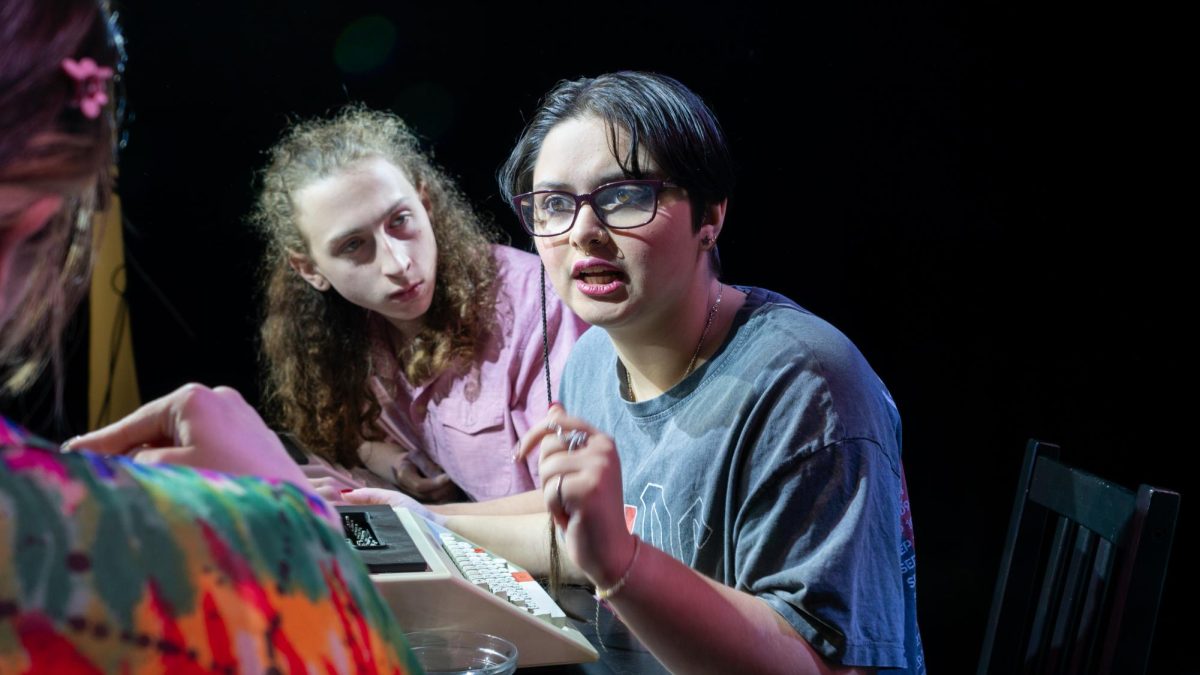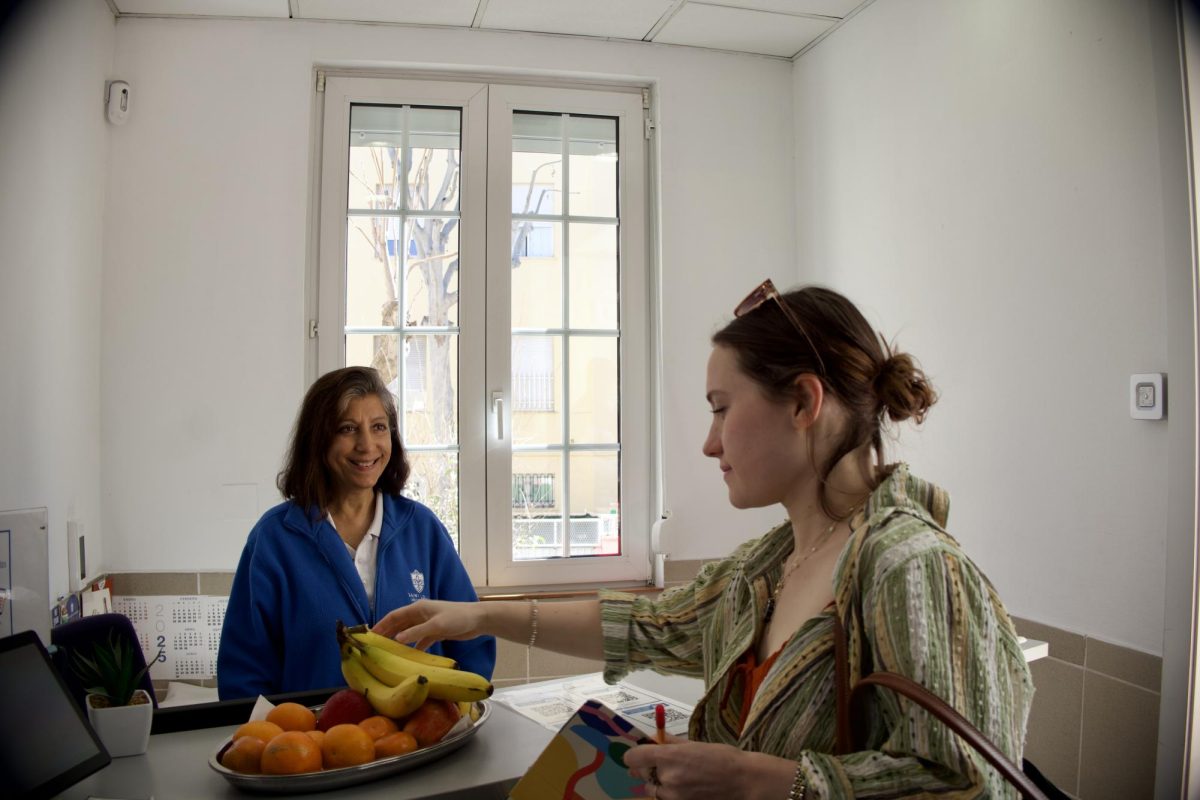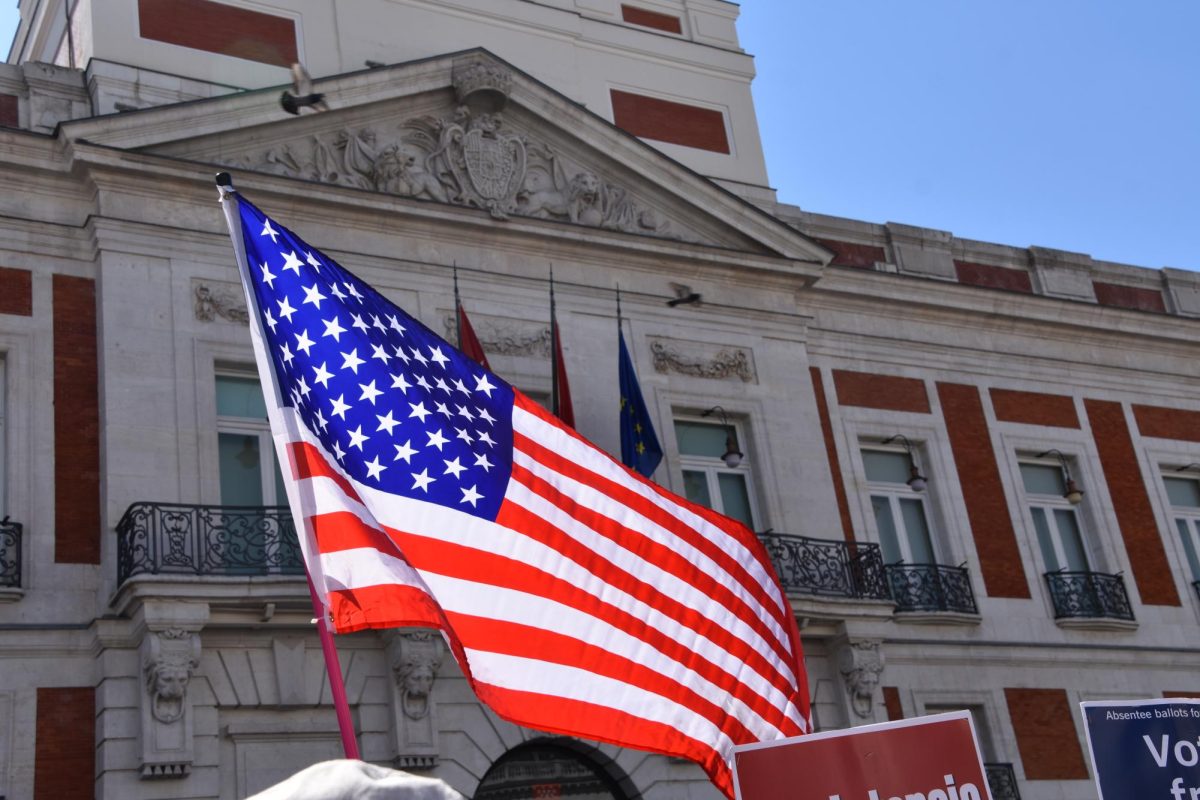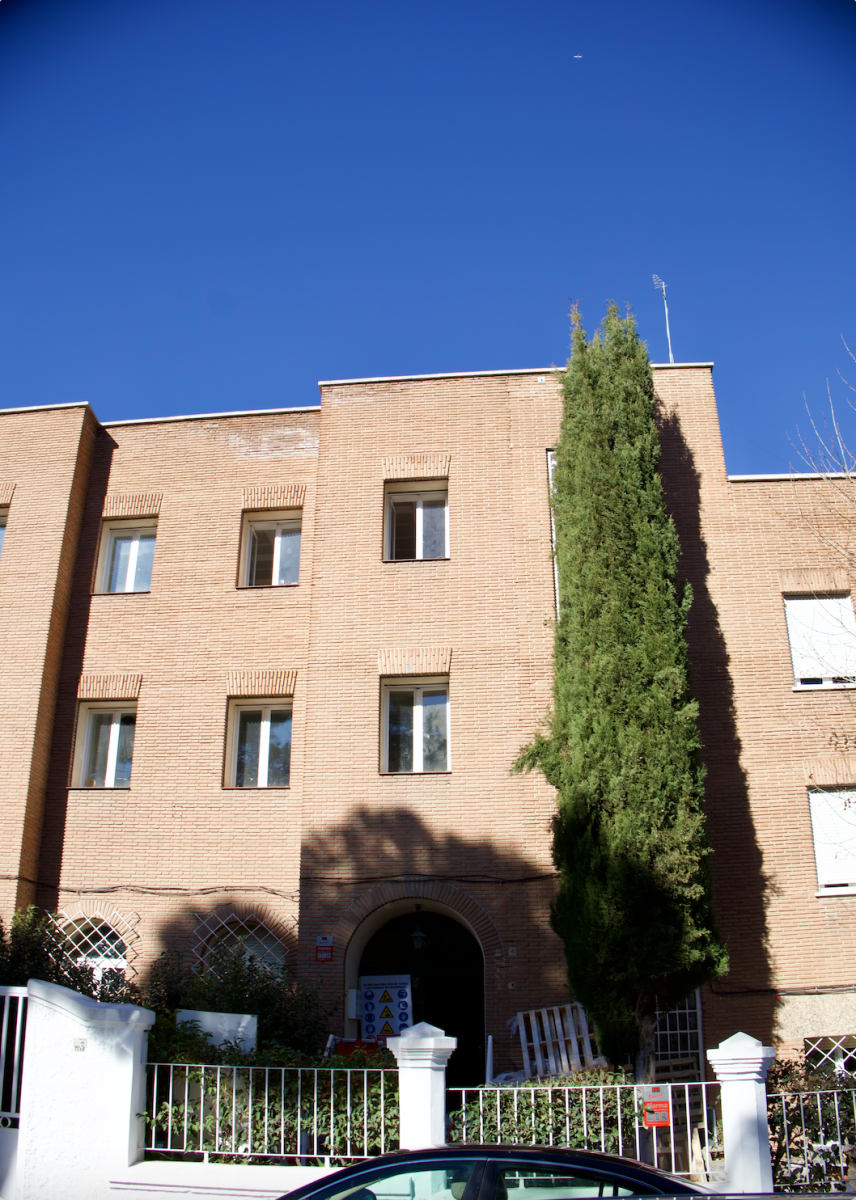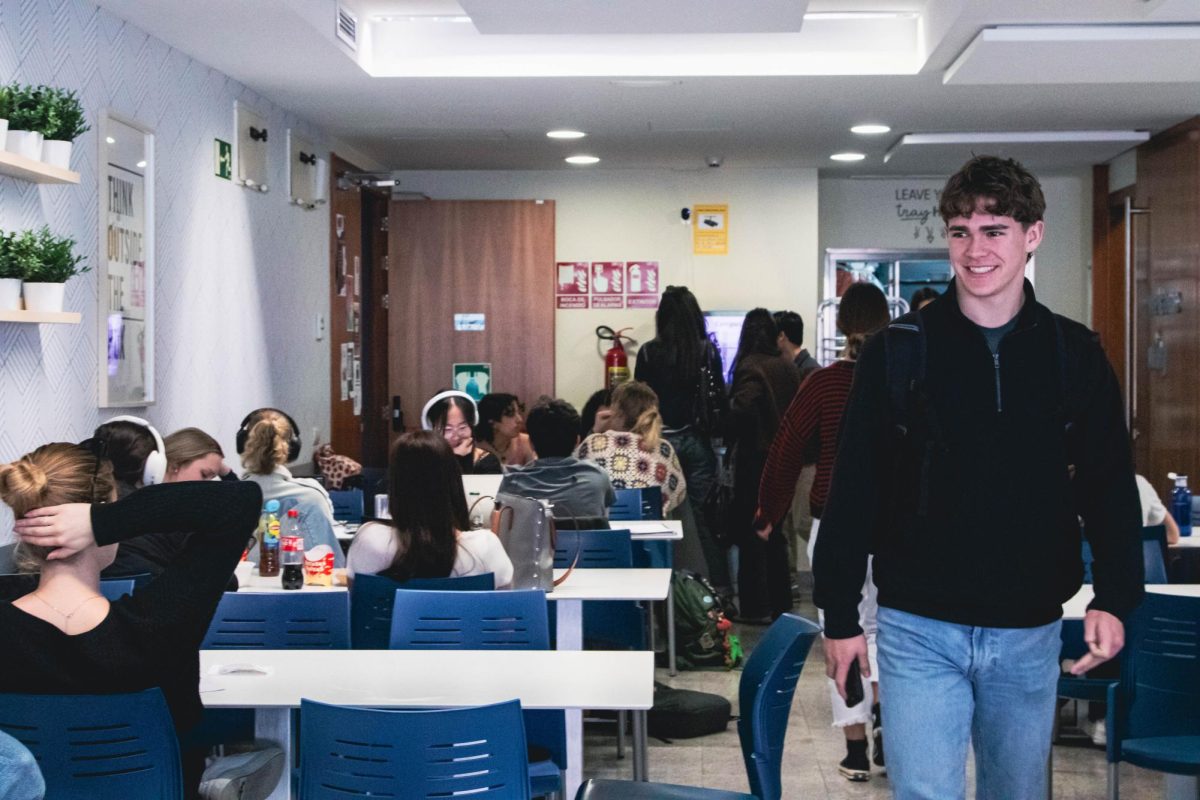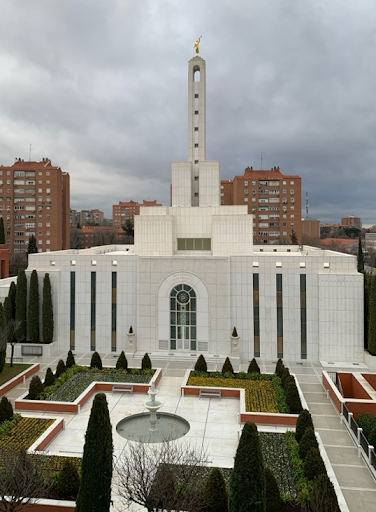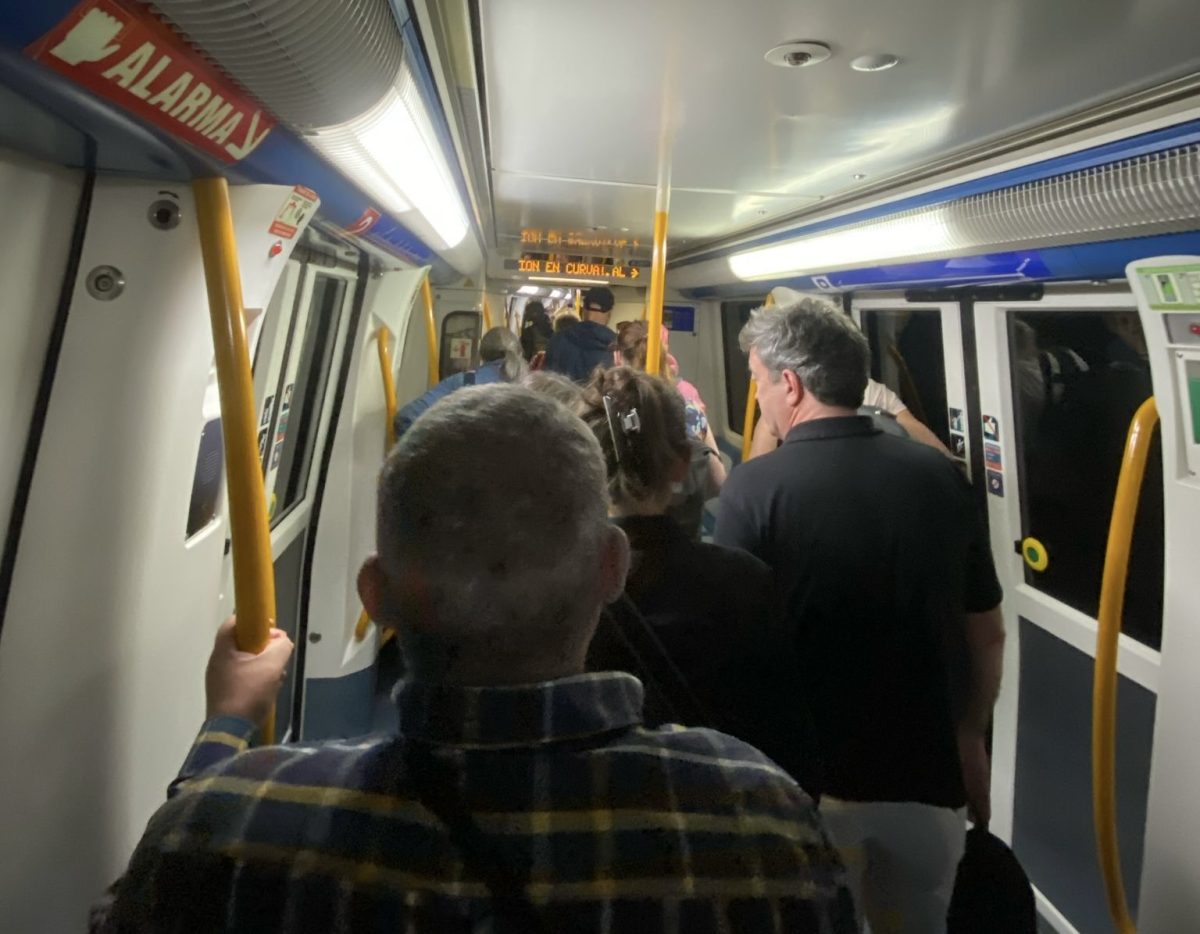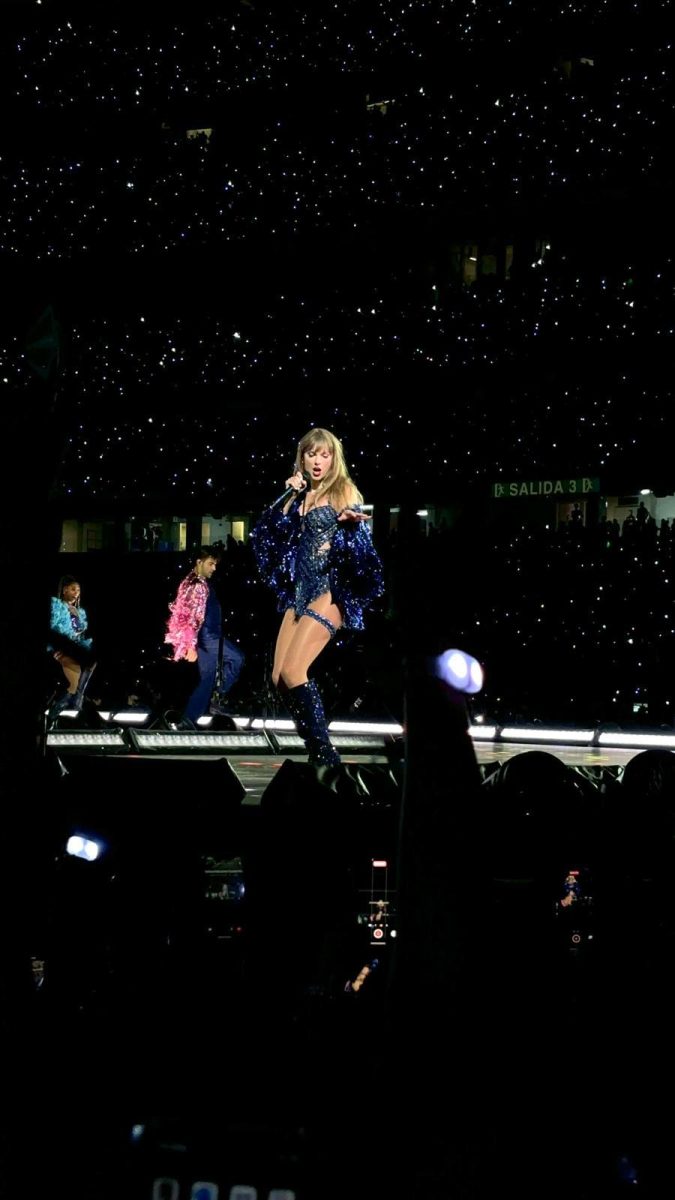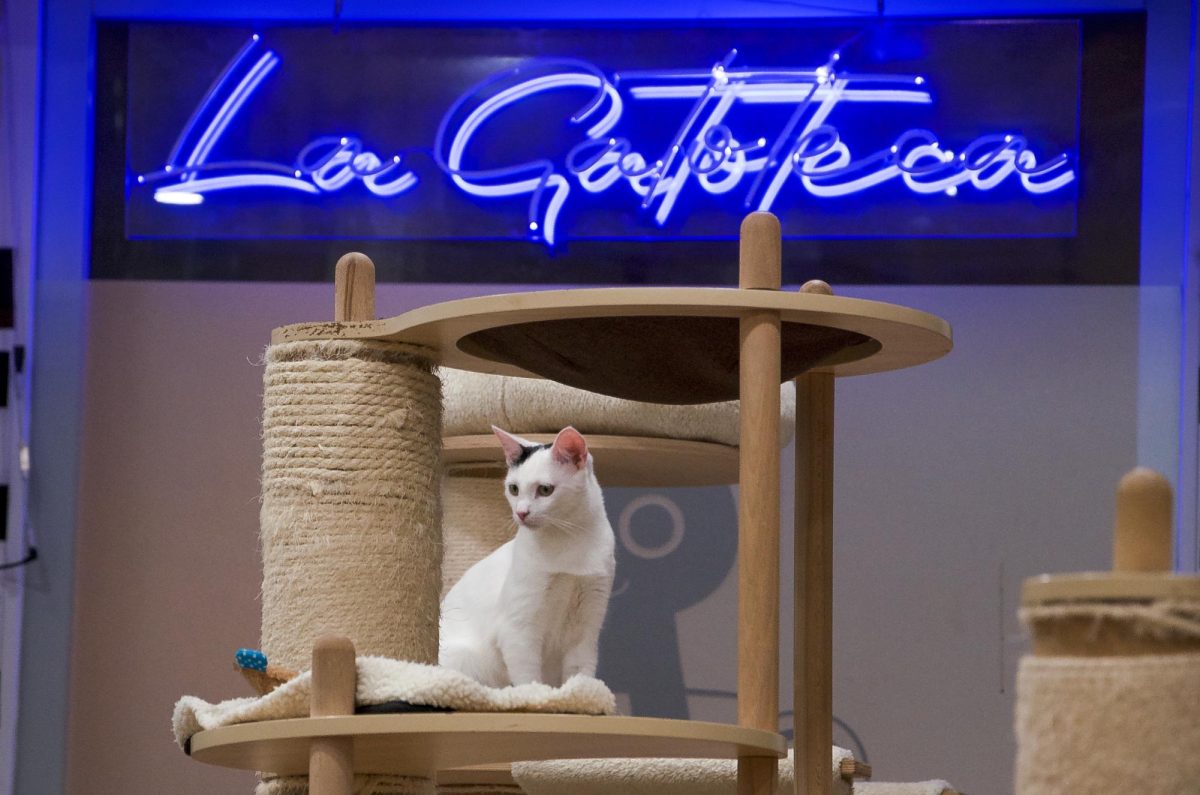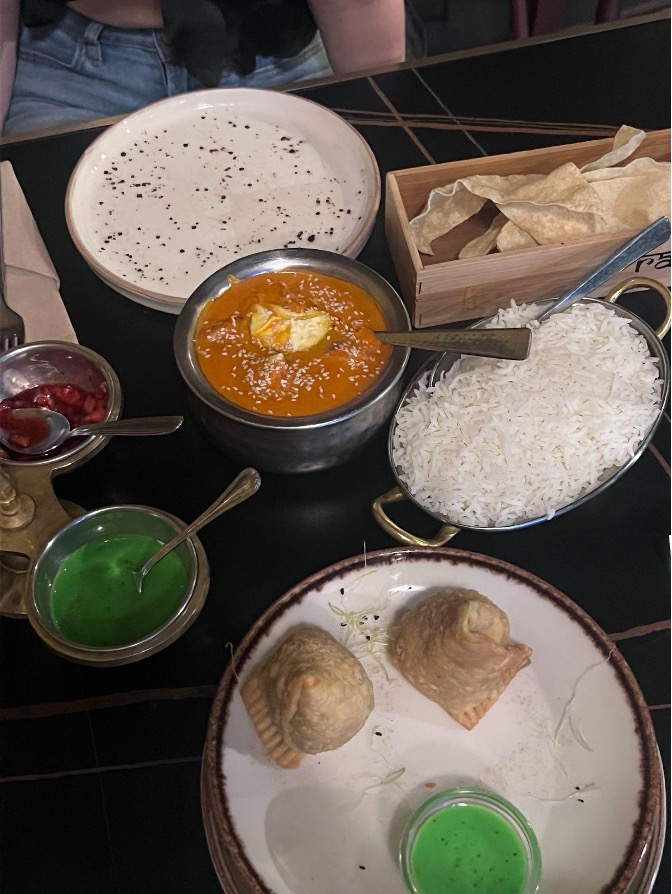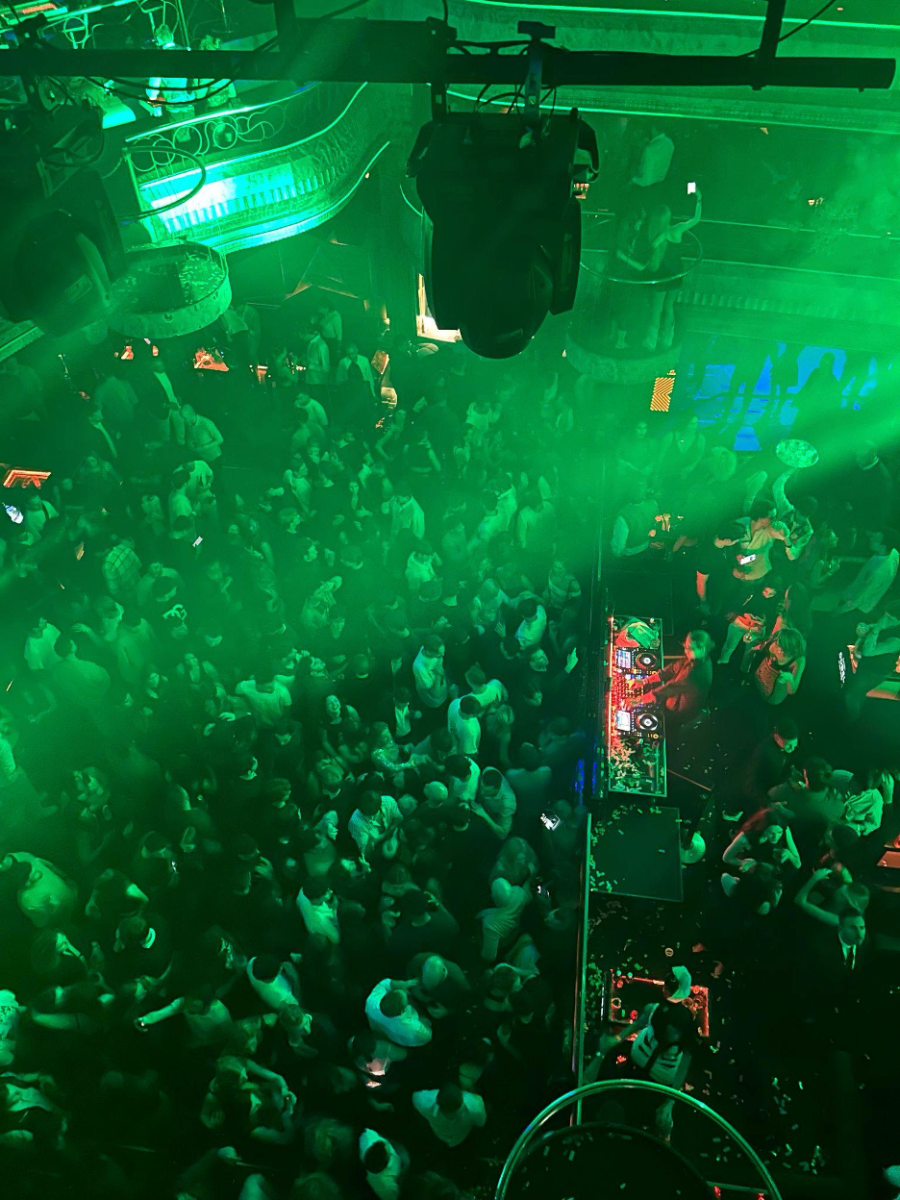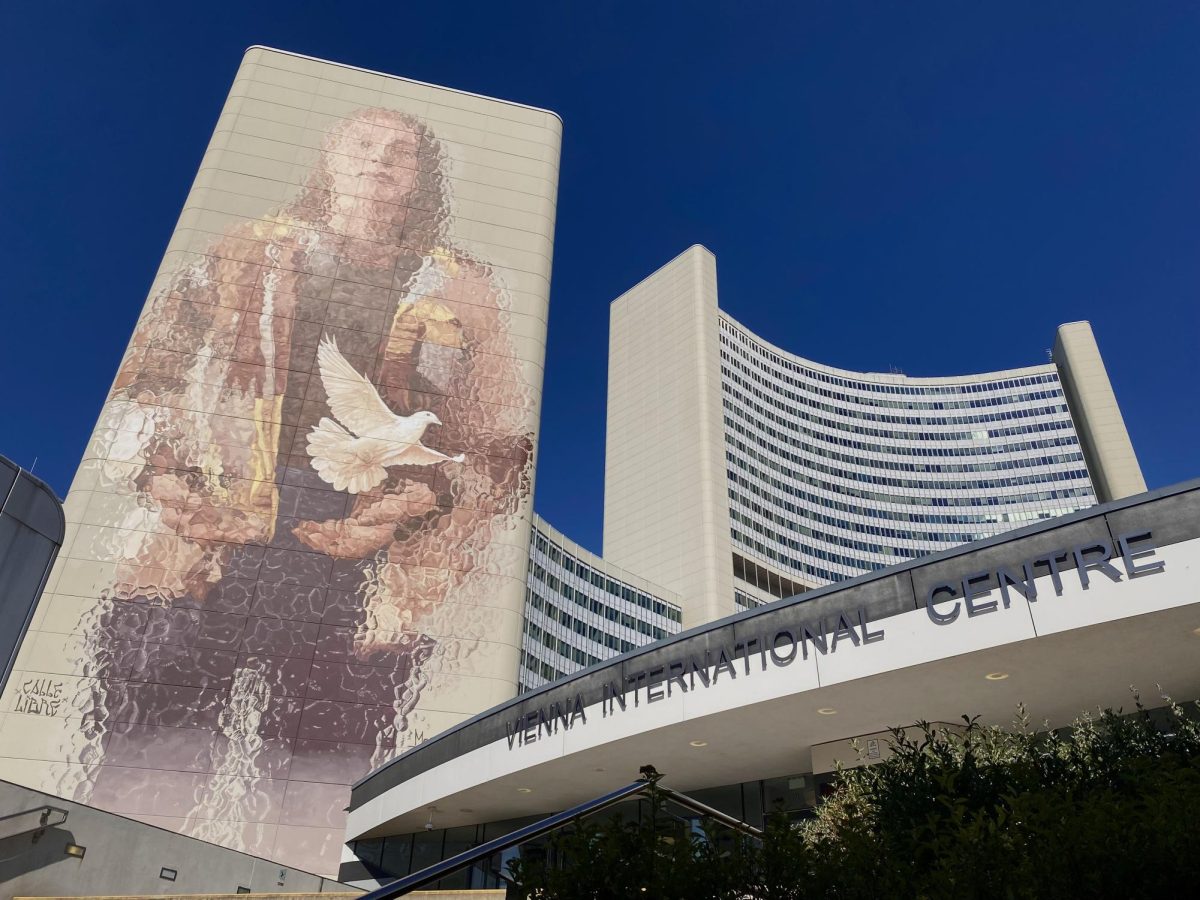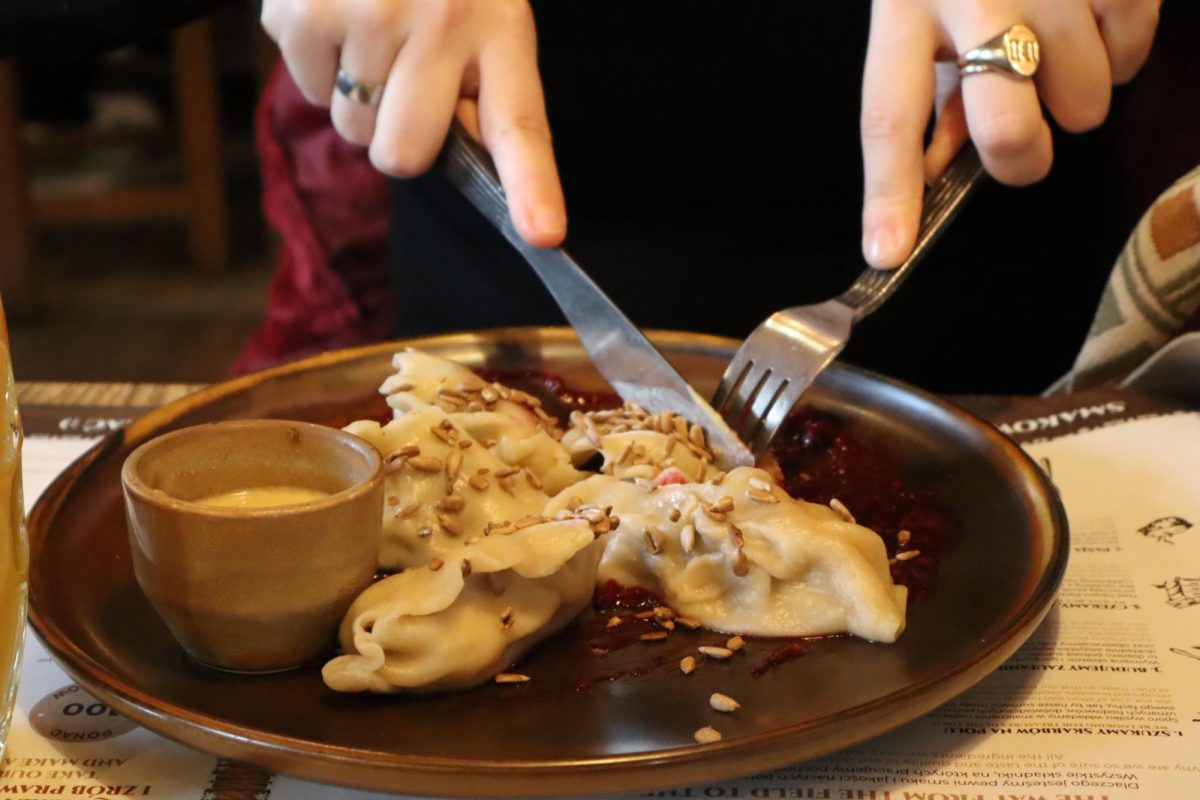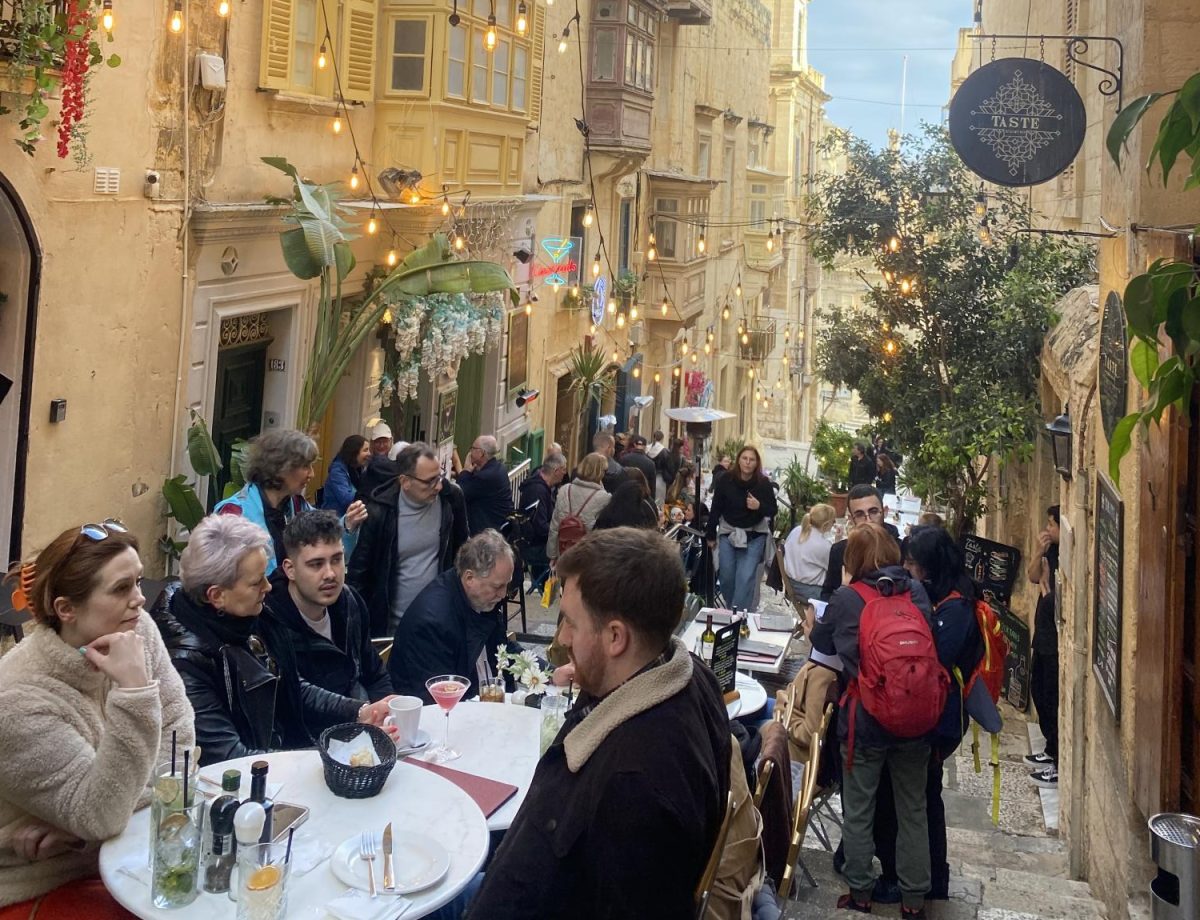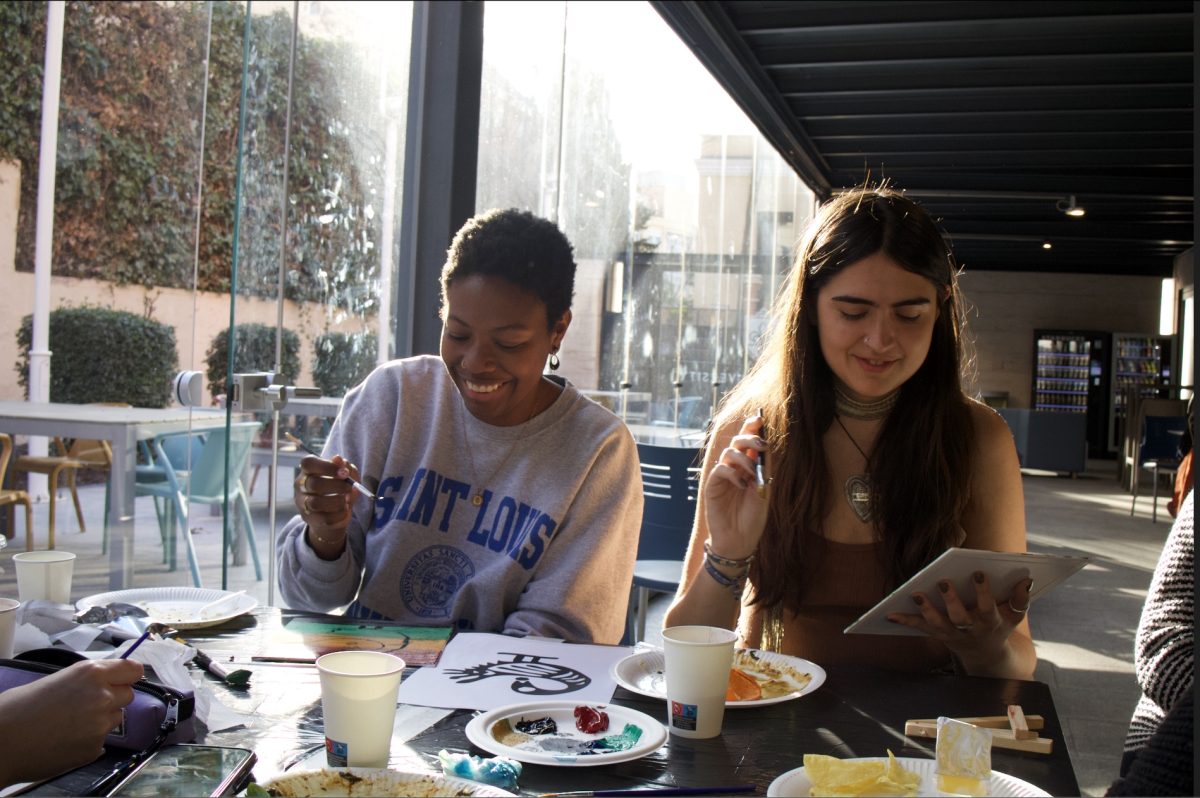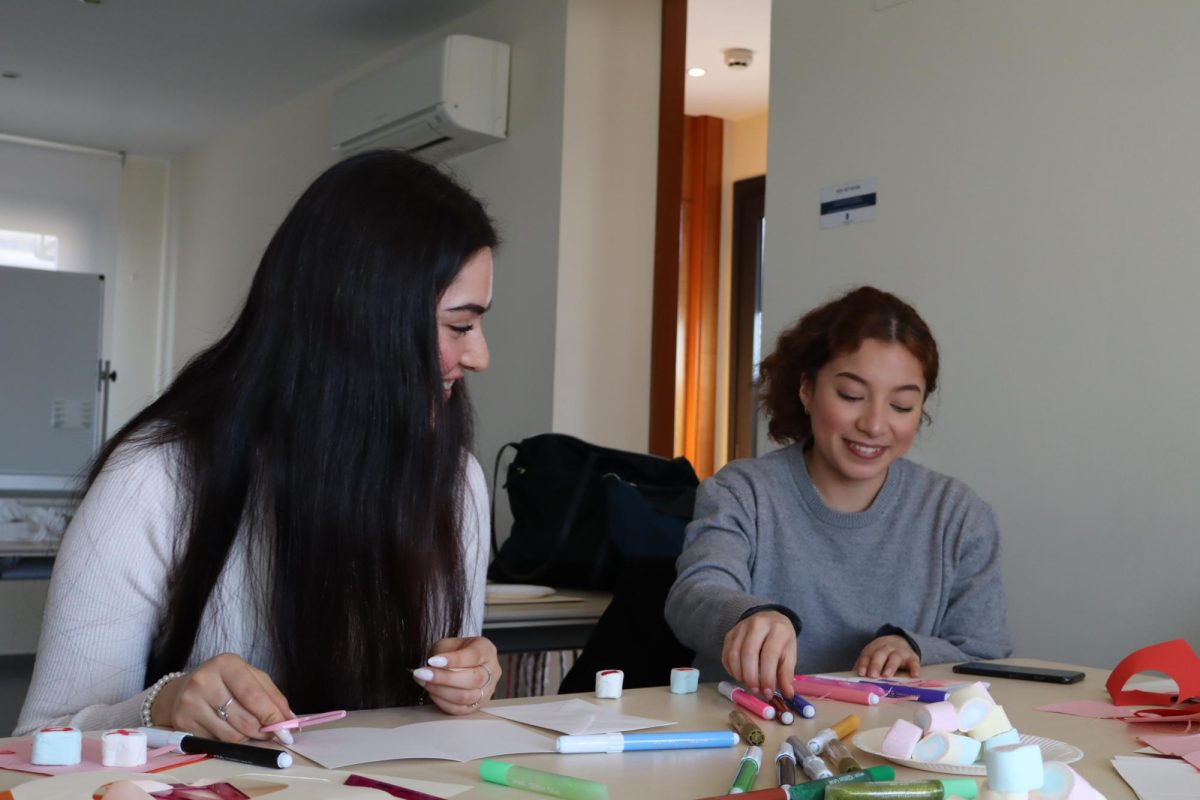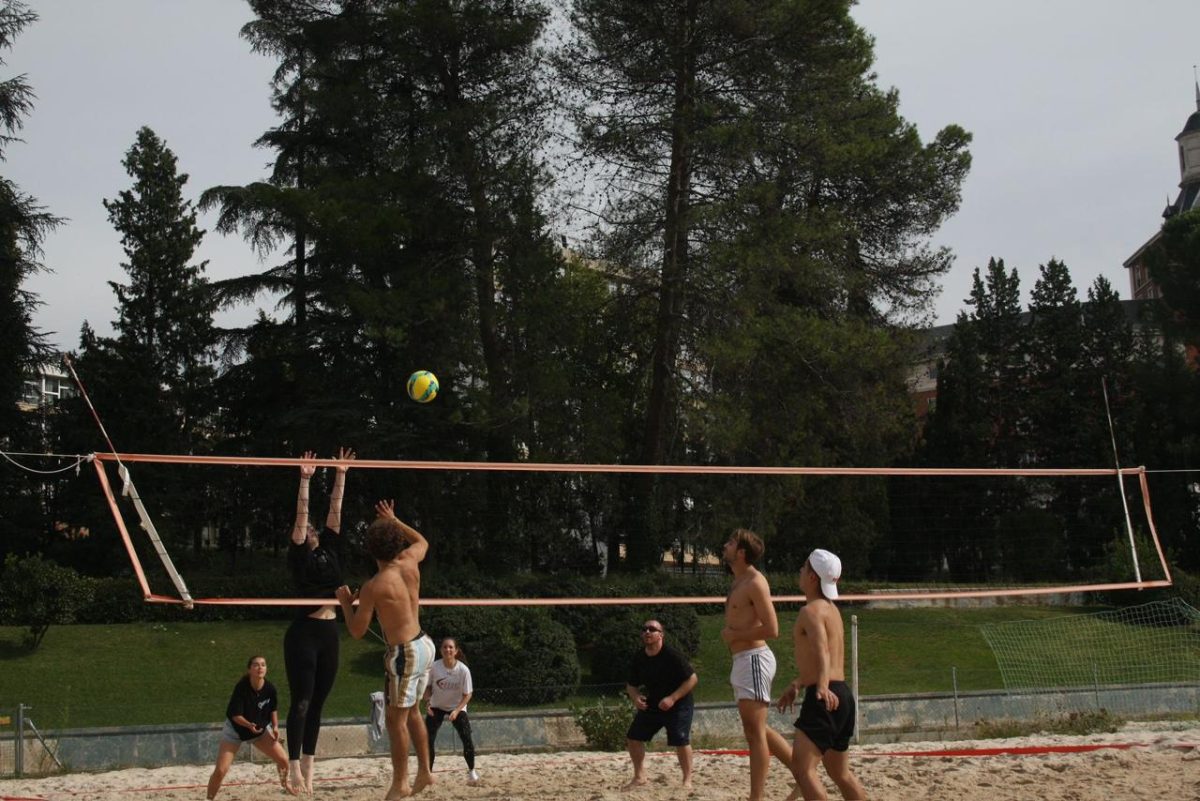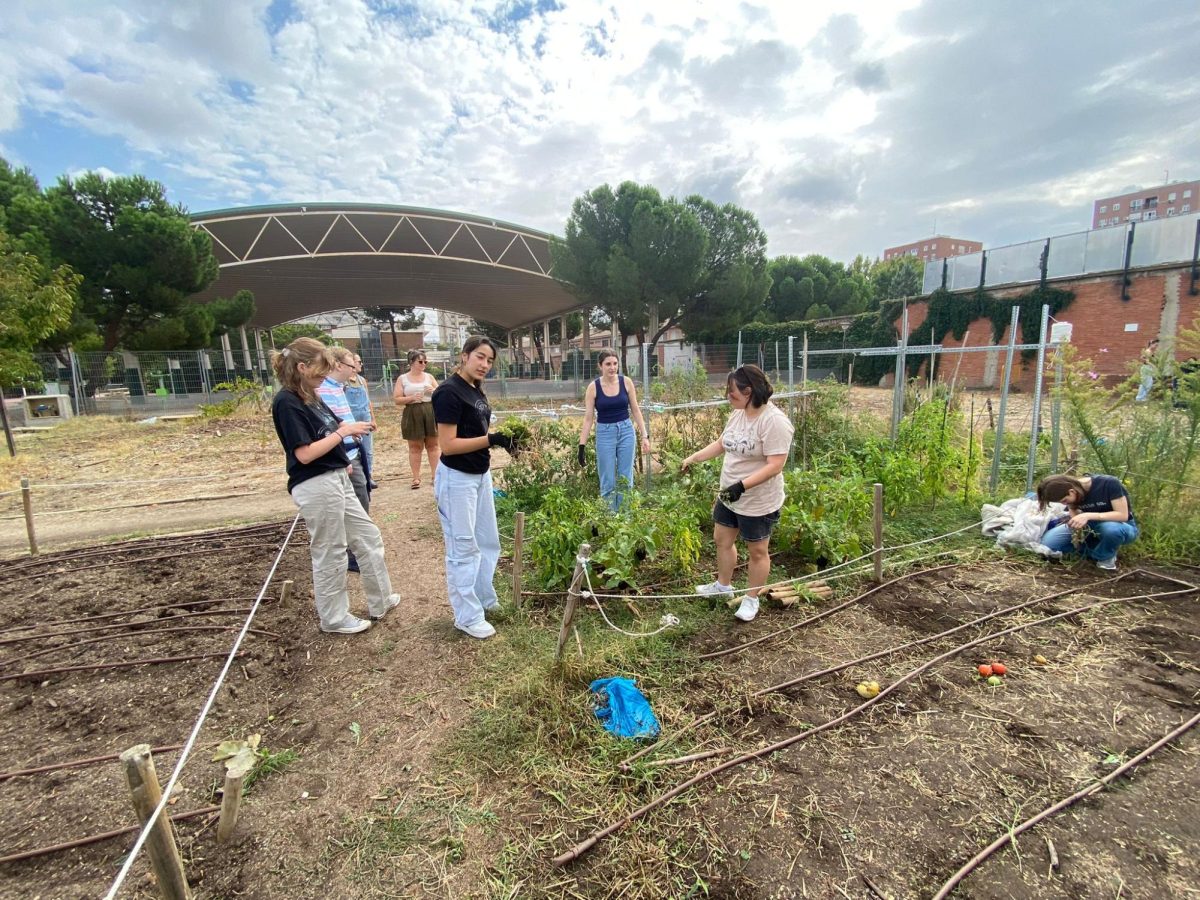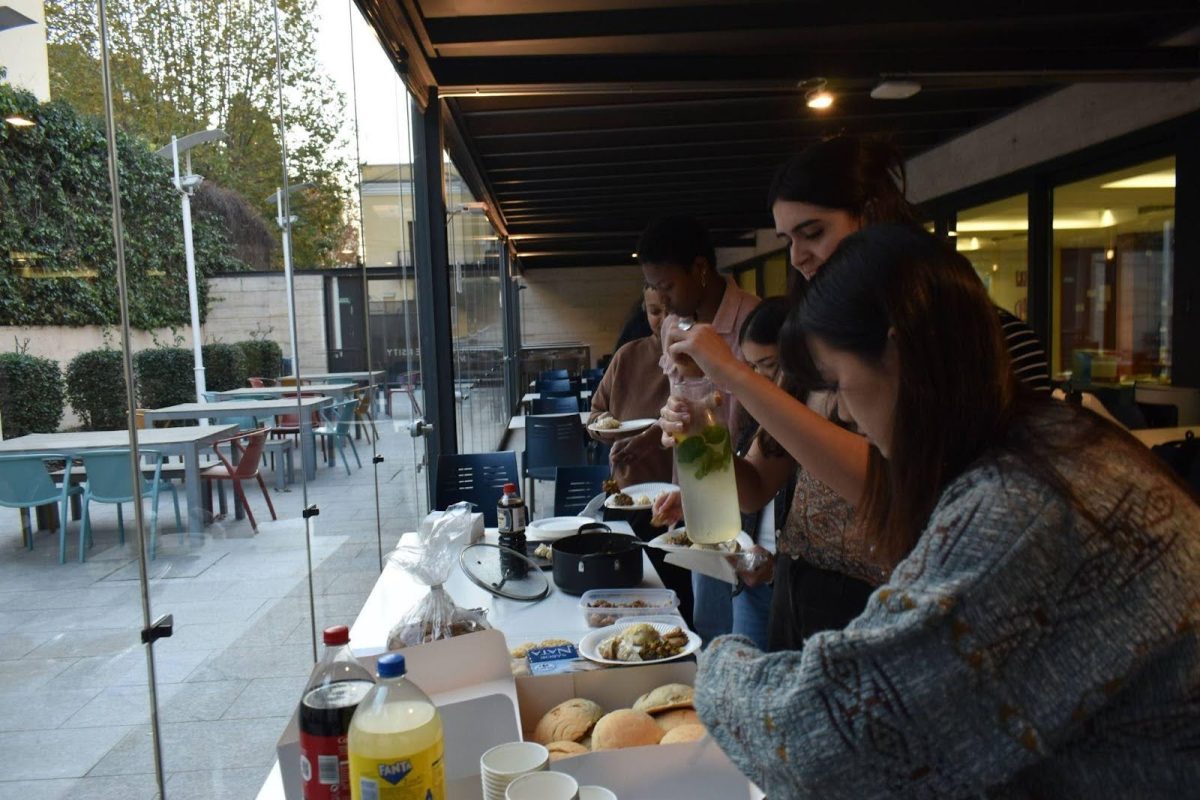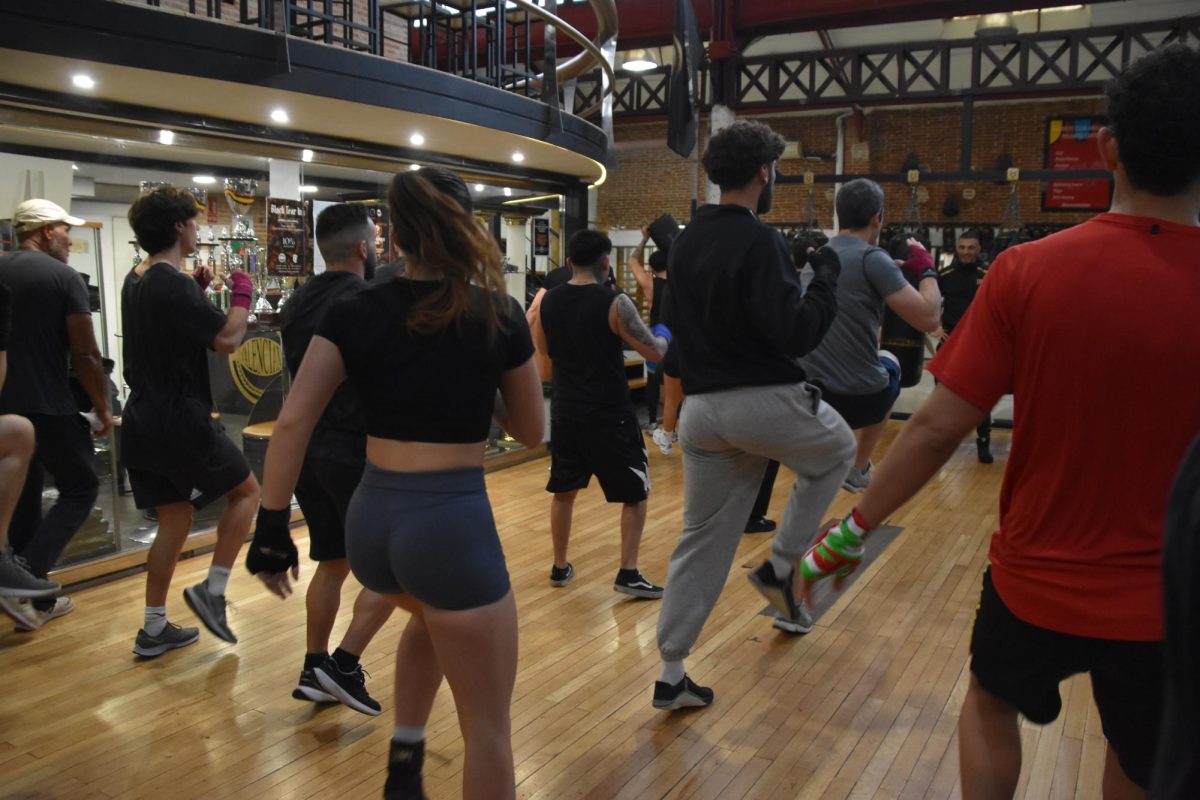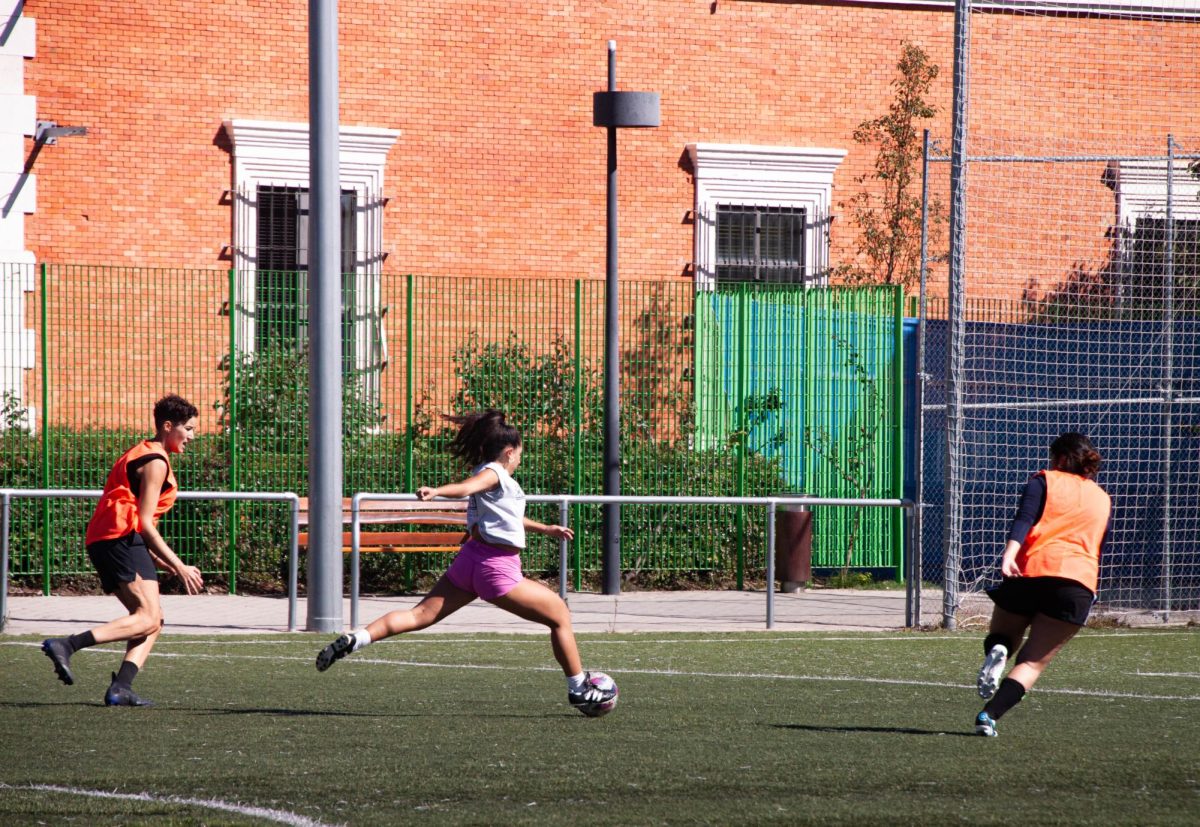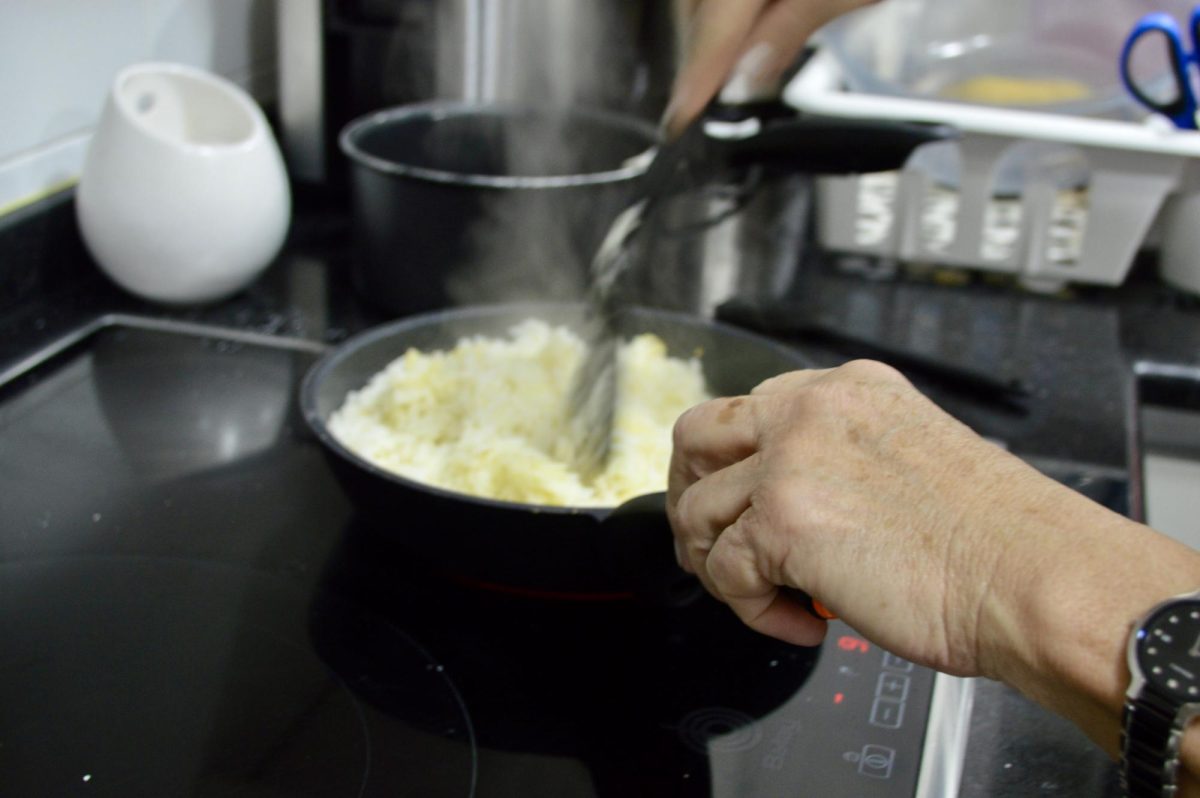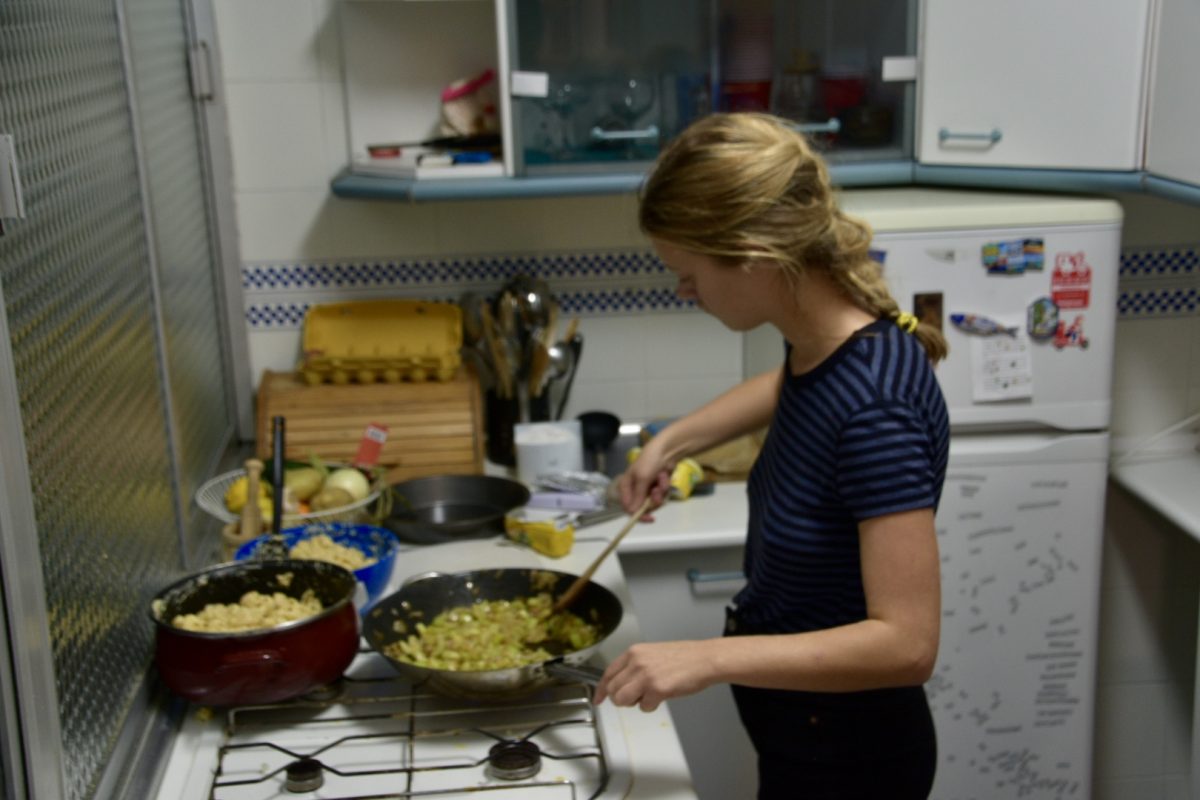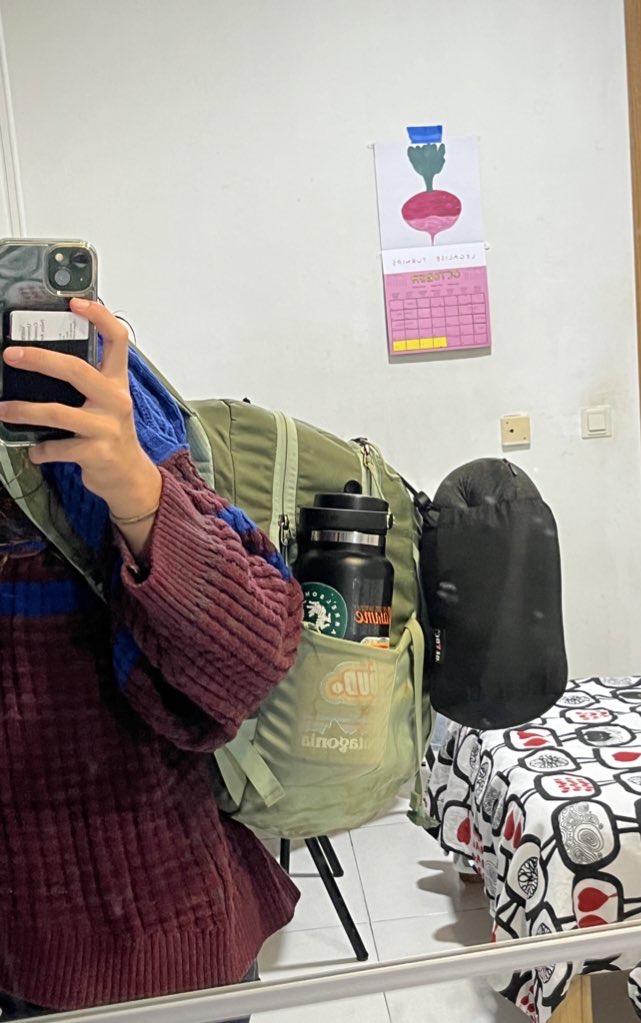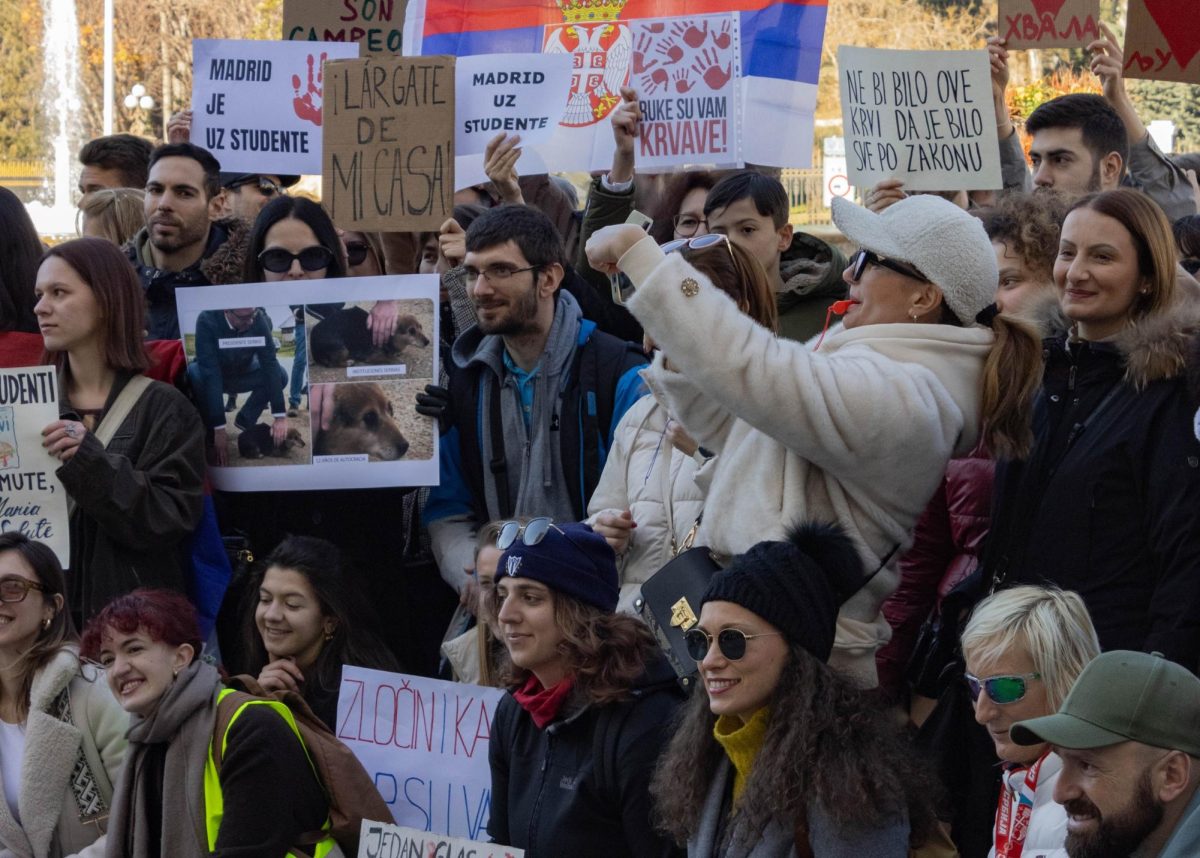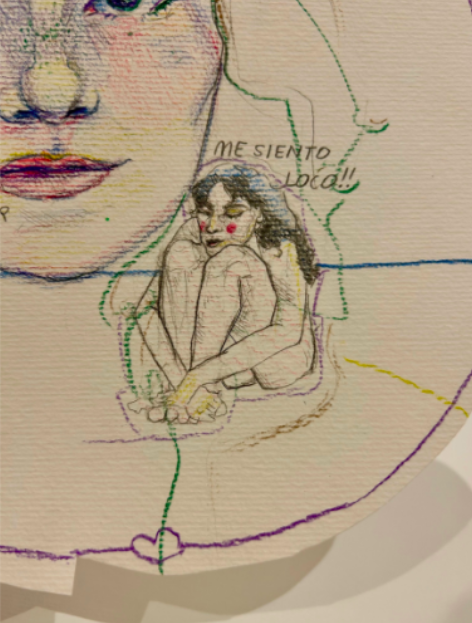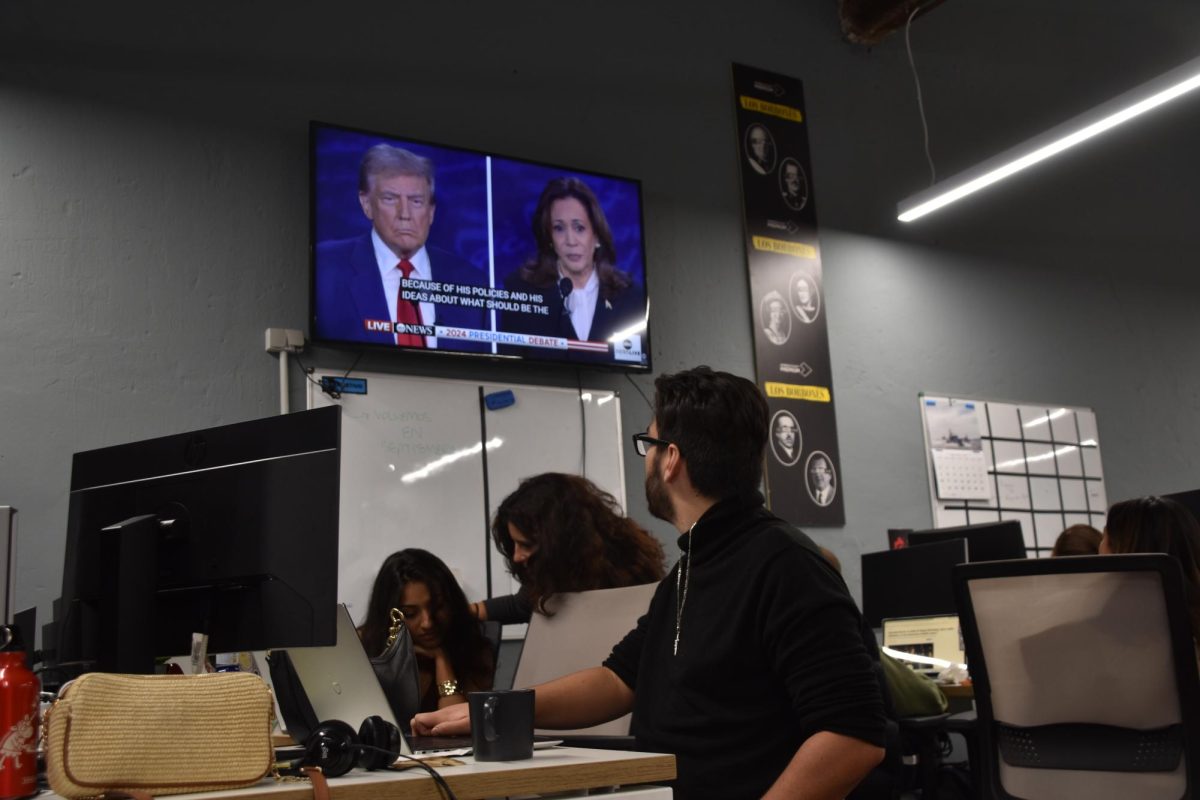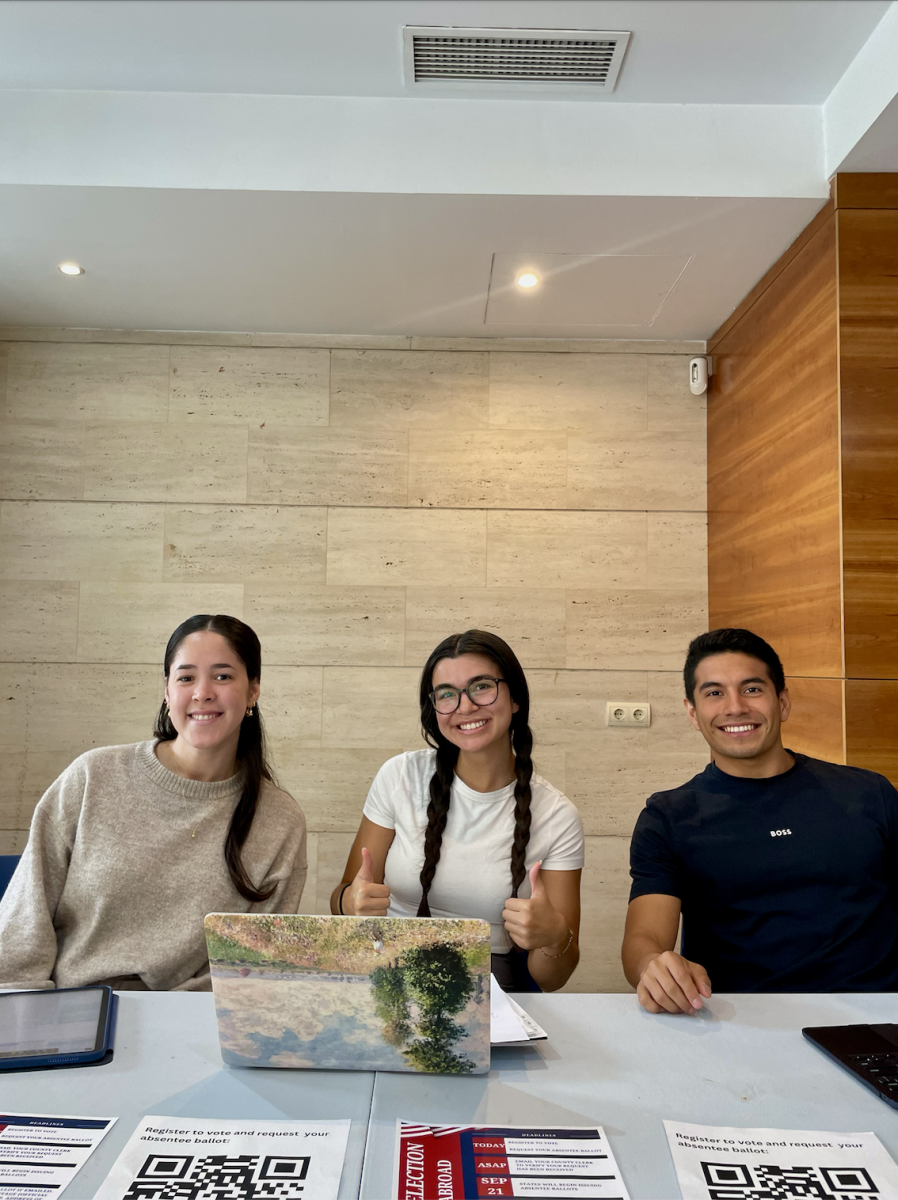This story was written by Nidal Barakat. It was reported by Abigail Amane, Colleen Dundon, James Gill, Sebastian Gines and Rose Johnson.
The presidential debate in September between Kamala Harris and Donald Trump, marked by heated exchanges and controversial claims, sparked strong opinions among SLU-Madrid students. Many students voiced disappointment over Trump’s statements, including his claim that immigrants in Ohio were “eating cats and dogs,” and his focus on polarizing issues over policy. Vice President Harris, on the other hand, attempted to maintain a calm demeanor, though some felt she failed to effectively counter Trump’s remarks.
Similarly, Katie Cornelison, an engineering management graduate from St. Louis, Missouri, expressed her frustration with the current state of U.S. politics.
“I can’t believe these kinds of things are what we find acceptable to say in a debate these days as compared to 50 years ago,” Cornelison said. “Perhaps the pets of the country will decide the election after all.”
Sage Gatewood, a third-year biomedical engineering student, lamented the content of this year’s debate and questioned the motivations of the American electorate.
“It’s absolutely terrifying that a candidate for president of one of the most powerful nations in the world is able to get away with saying such baseless” –and here, Gatewood cusses — “and still be considered for the job,” Gatewood said. “It really goes to show just how unstable our democracy is… how a majority of the United States’ voters only think of themselves and their finances when voting, rather than the good of the people and the health of the democracy.”
Others were frustrated with the lack of substance in the discussion. Nathalie Cardona, a freshman at SLU-Madrid majoring in psychology and political science, noted that critical issues such as the economy were sidelined.
“The questions on both sides should have been answered a little better.” Nathalie Cardona “The economy is something that Trump supporters look at the most. It should have been talked about more by Kamala Harris to help influence people to vote left as opposed to right.”
Despite the mixed reactions, some students found the outrageous comments as a source of dark humor.
“I think that assuming people eat cats and dogs is an outlandish concept,” said an anonymous student. “I’ve also heard they weren’t fact checking Kamala as much as Trump, but she didn’t have the same nonsensical quotes.”
For some students the easiest option was to tune out the debate entirely, and wait for the highlight reels of the event to appear on their social media feeds. Isa Garcia, a sophomore at Saint Louis University-Madrid, believes the presidential debates have become more revolved around theatrics rather than political discussion.
Even SLU-Madrid’s non-American students can feel the effects of the US presidential debates, given the university’s American ties and primarily American student population. Although they may not be as directly involved as their peers from the United States, the topic is virtually inescapable in and out of the classroom.
“I think it [the debate] highlights a trend of conspiracies, division, polarization, and an ‘us vs. them’ rhetoric that uses an almost theatrical exaggeration,” said student Ana Romay. “I have a hard time believing people actually believe in it.”
Romay also expressed her opinion as a political science student: “American politics today feel almost like a laboratory where you can witness the effects of the media, polarization, and demagoguery,” she said. “It would be great if it were a social experiment, but it isn’t.”
